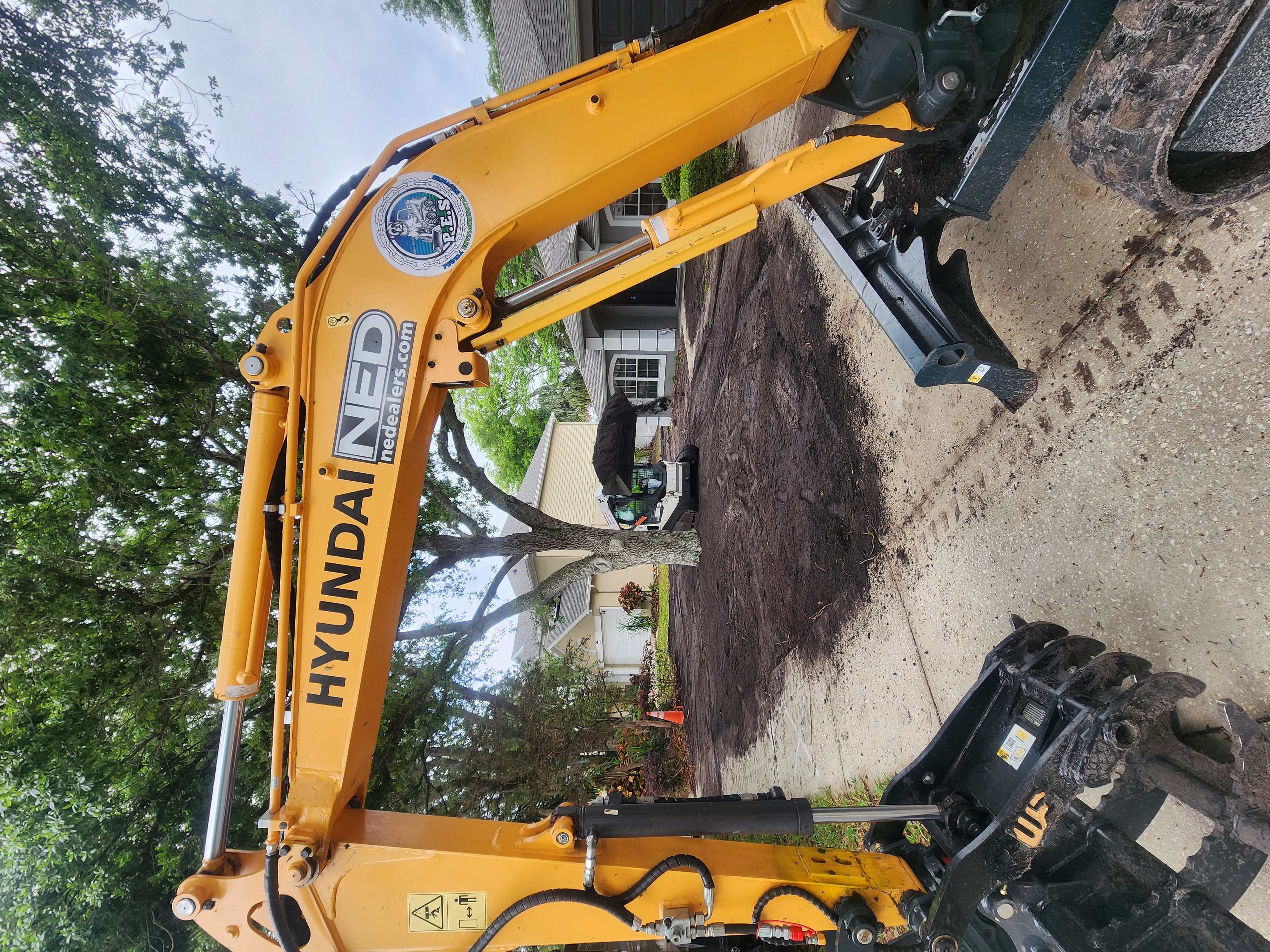
Sustainable Grading Techniques: Building for the Future Sep 18, 2025
Grading serves as the backbone of any construction project, particularly in terms of ensuring proper drainage and soil stability. Traditionally, grading involved substantial earth-moving operations that disrupted natural landscapes and ecosystems. However, sustainable grading techniques aim to minimize environmental disruptions and instead work in harmony with natural topography. Powell Environmental Services implements these methods to reduce runoff, prevent soil erosion, and maintain biodiversity.
One of the most impactful sustainable grading techniques is contour grading. This process involves shaping the land in accordance with the natural contour lines, which keeps soil disturbance to a minimum and enhances water retention. By respecting the natural landscape, Powell Environmental Services not only preserves the site’s ecological integrity but also enables natural water flow, reducing the need for extensive artificial drainage systems.
Moreover, employing advanced erosion control measures is another critical aspect of sustainable grading. Techniques like the use of silt fences, erosion control blankets, and retaining walls help stabilize soil during and after the grading process. Preemptive planning by experts in Powell Environmental Services ensures that these measures are tailored to specific site conditions, thereby effectively safeguarding against erosion and preventing sediment from contaminating nearby water bodies.
Incorporating vegetation wherever possible is also a key strategy in sustainable grading. Planting native grasses and shrubs not only aids in stabilizing the soil but also contributes to enhancing the local habitat. The introduction of plant life can significantly reduce wind and water erosion, while also playing a role in carbon sequestration, thus mitigating the impact of construction on climate change.
Another forward-thinking approach is the integration of permeable surfaces in site designs. These surfaces allow water to infiltrate the ground naturally, thus reducing surface runoff and recharging groundwater supplies. At Powell Environmental Services, utilizing permeable materials for parking lots and walkways not only supports hydrological cycles but also reduces heat island effects, contributing to microclimate stability.
The economic benefits of sustainable grading are becoming increasingly apparent. By reducing the extent of earth-moving operations and utilizing natural materials on-site, Powell Environmental Services helps clients significantly cut down on construction costs. Additionally, sustainable practices often result in projects that require less maintenance over time, translating to savings in operational costs for developers and property owners alike.
In conclusion, sustainable grading techniques are integral to the responsible and successful development of land. At Powell Environmental Services, every project is approached with an eco-conscious mindset, ensuring that environmental stewardship goes hand in hand with innovation and efficiency. As we move towards a future where sustainability is paramount, embracing these practices sets the stage for projects that not only stand the test of time but also contribute positively to our environment and society. Through collaboration and commitment to sustainable practices, we can build with the future in mind, ensuring prosperity for generations to come.
/filters:no_upscale()/media/68dc5208-3ce4-44bc-9c7d-b3e895f21c09.png)
/filters:no_upscale()/filters:format(webp)/media/8f7e4ca8-6659-4ee6-8306-970c87528d46.jpeg)